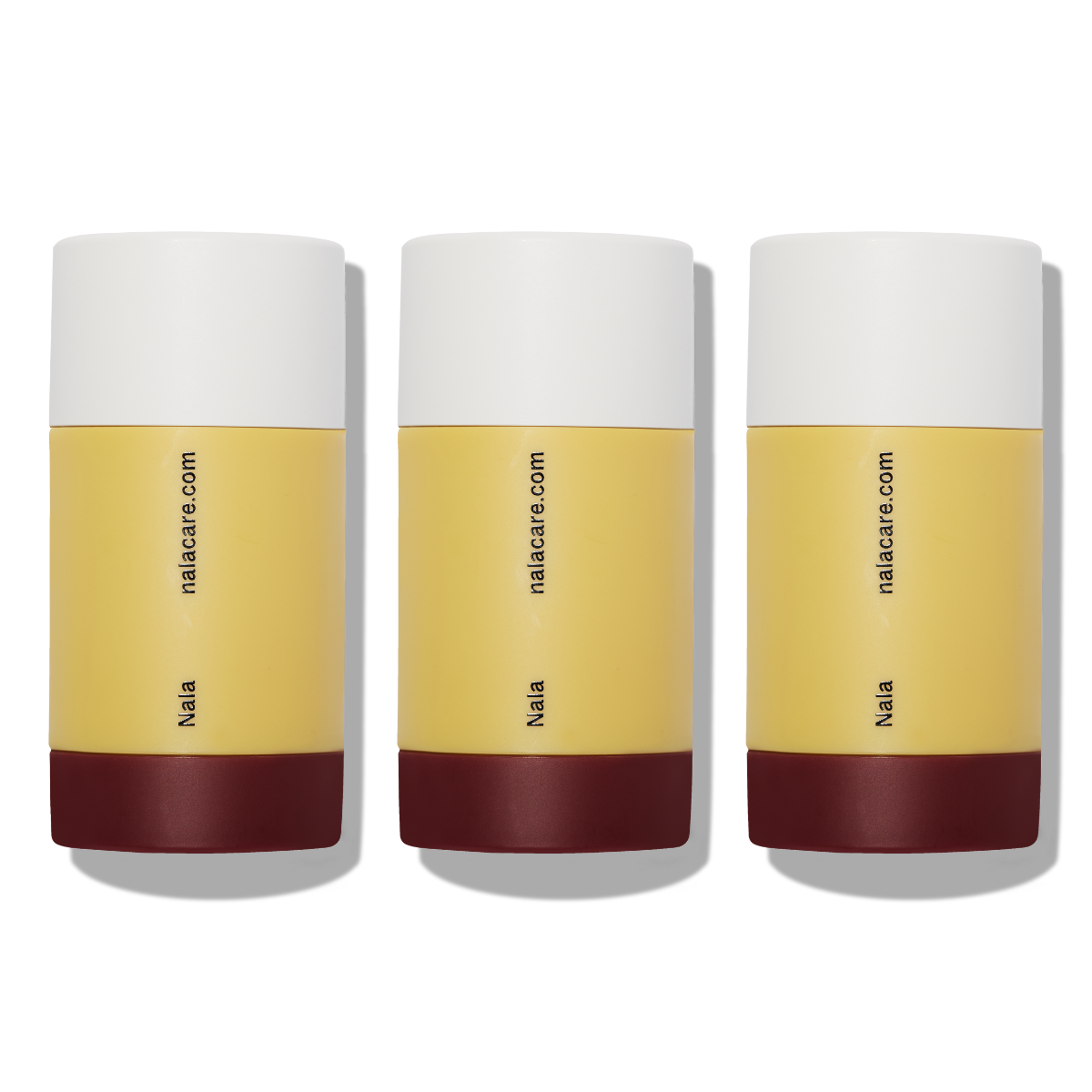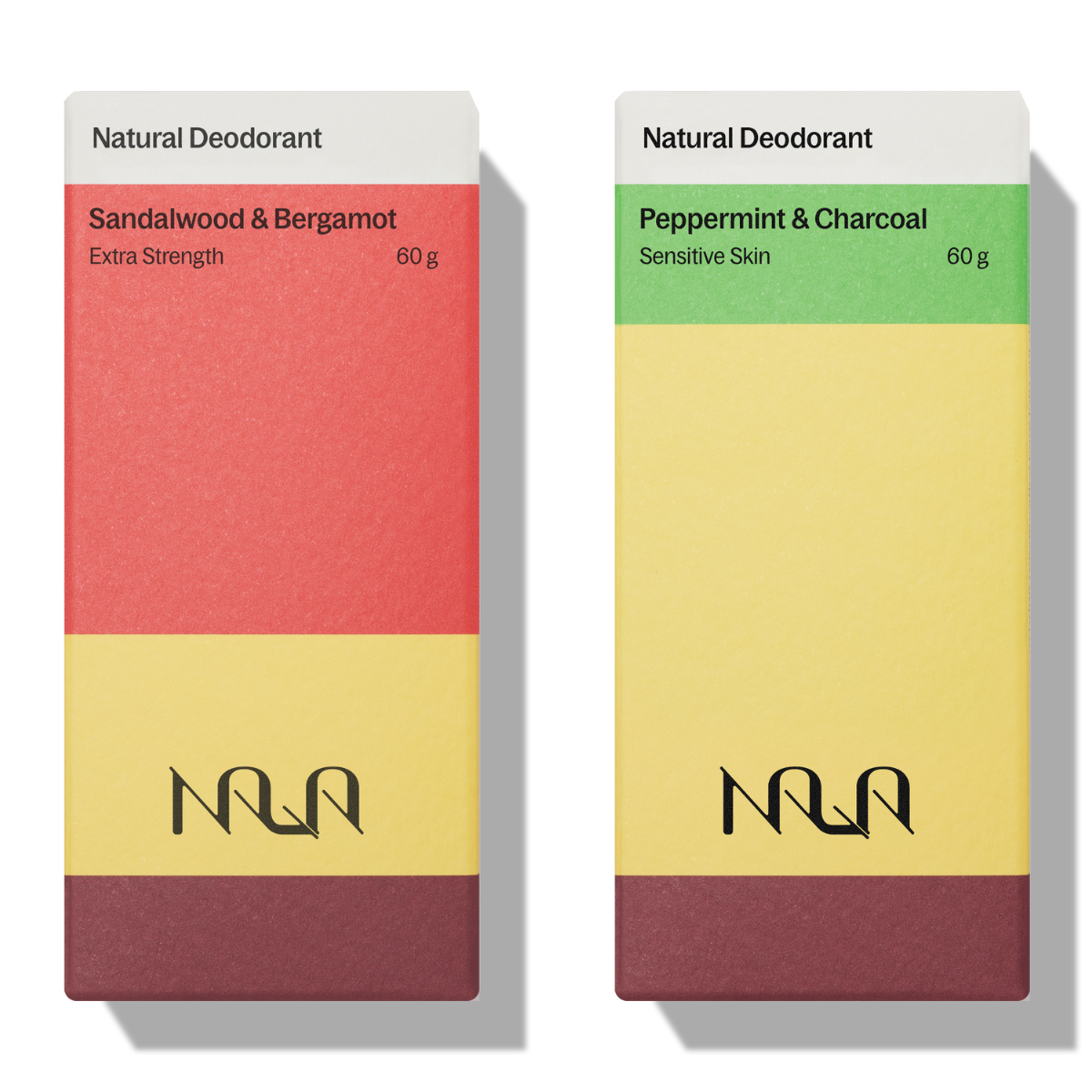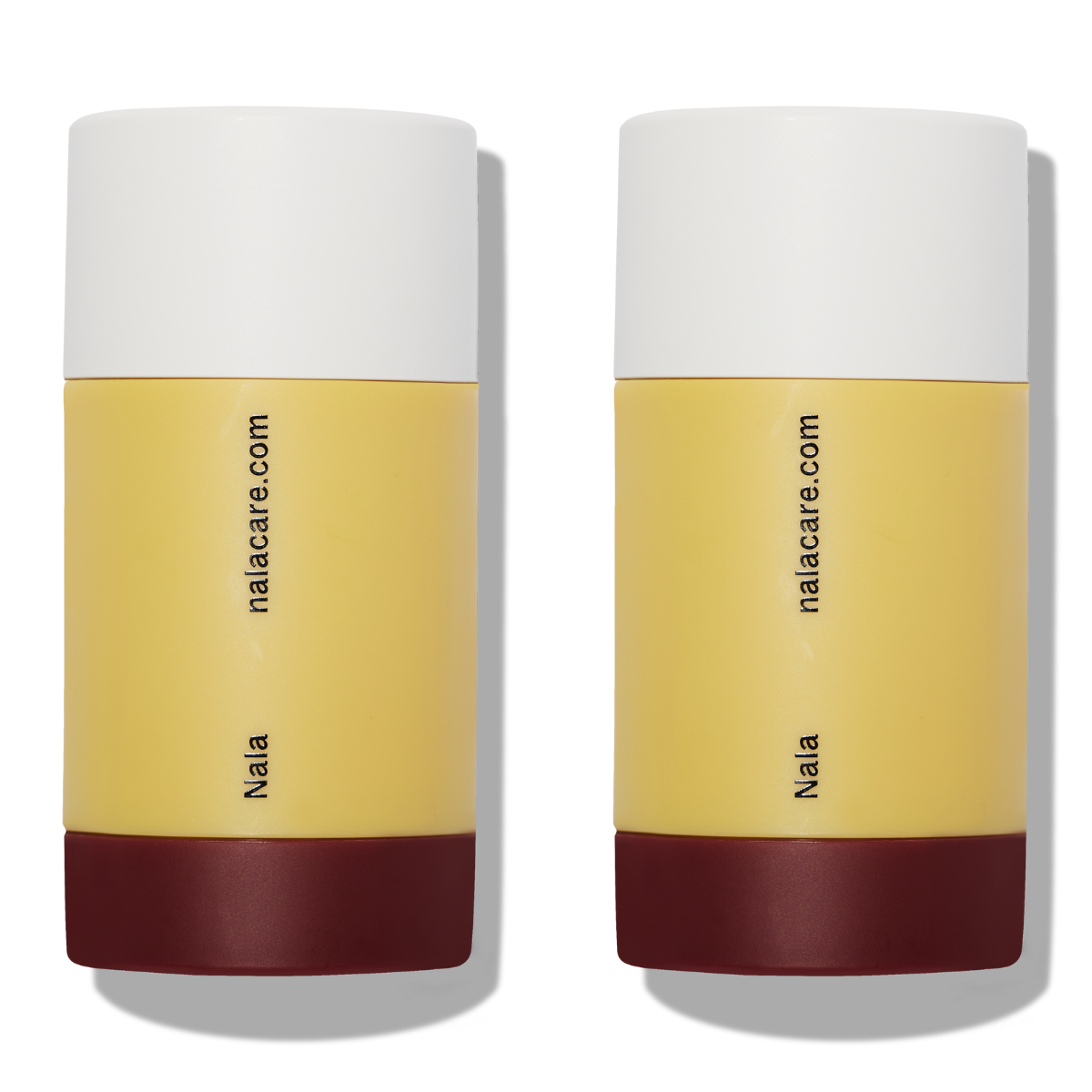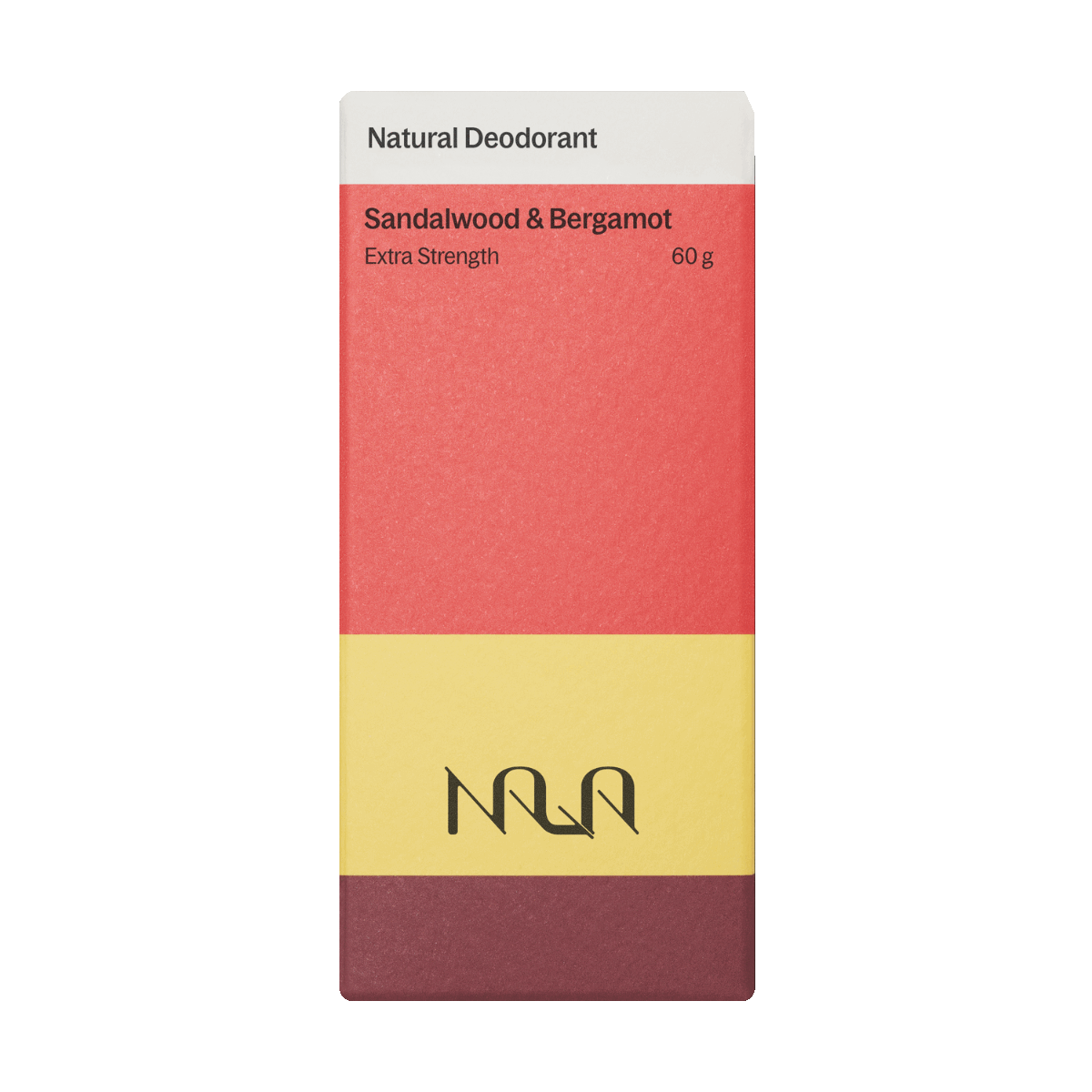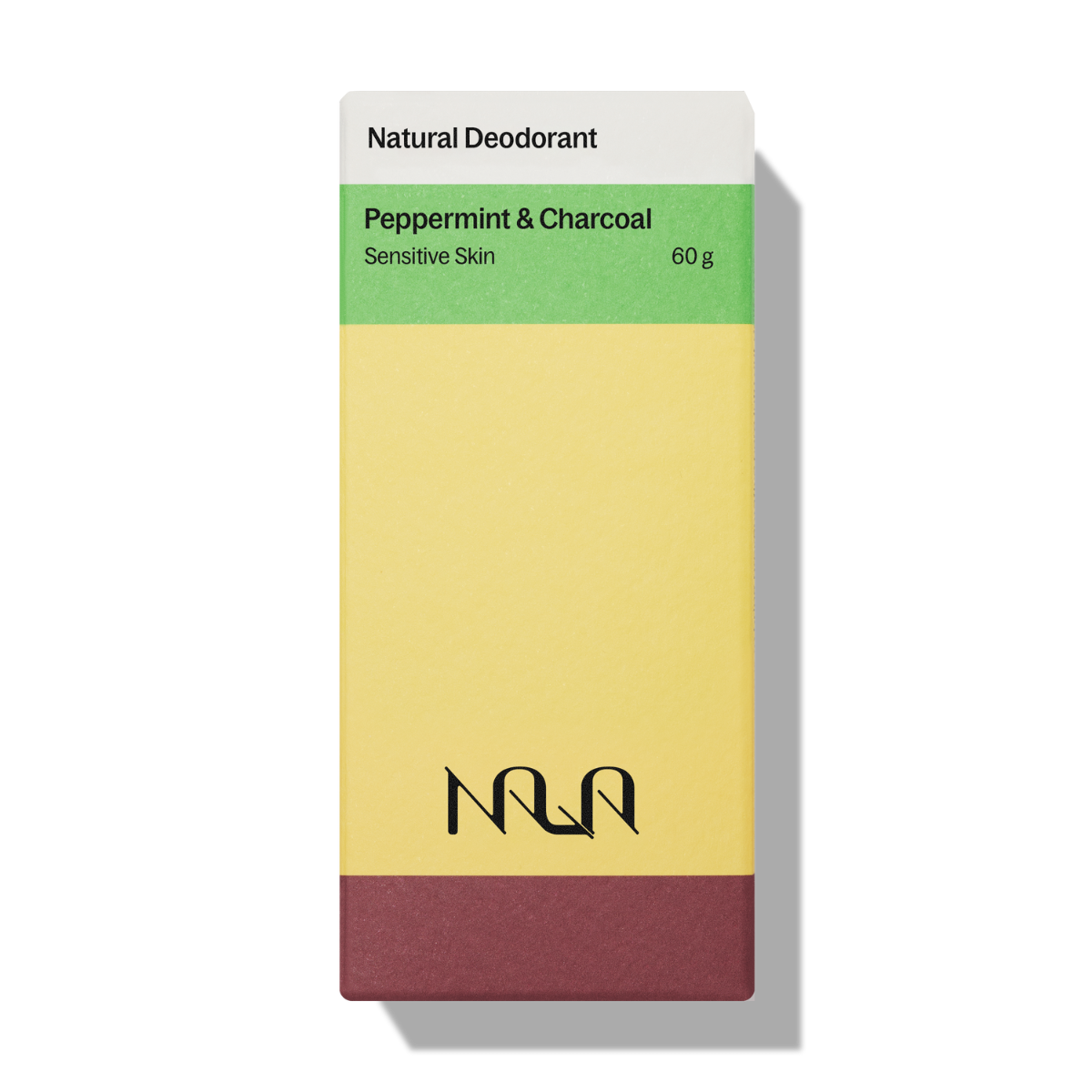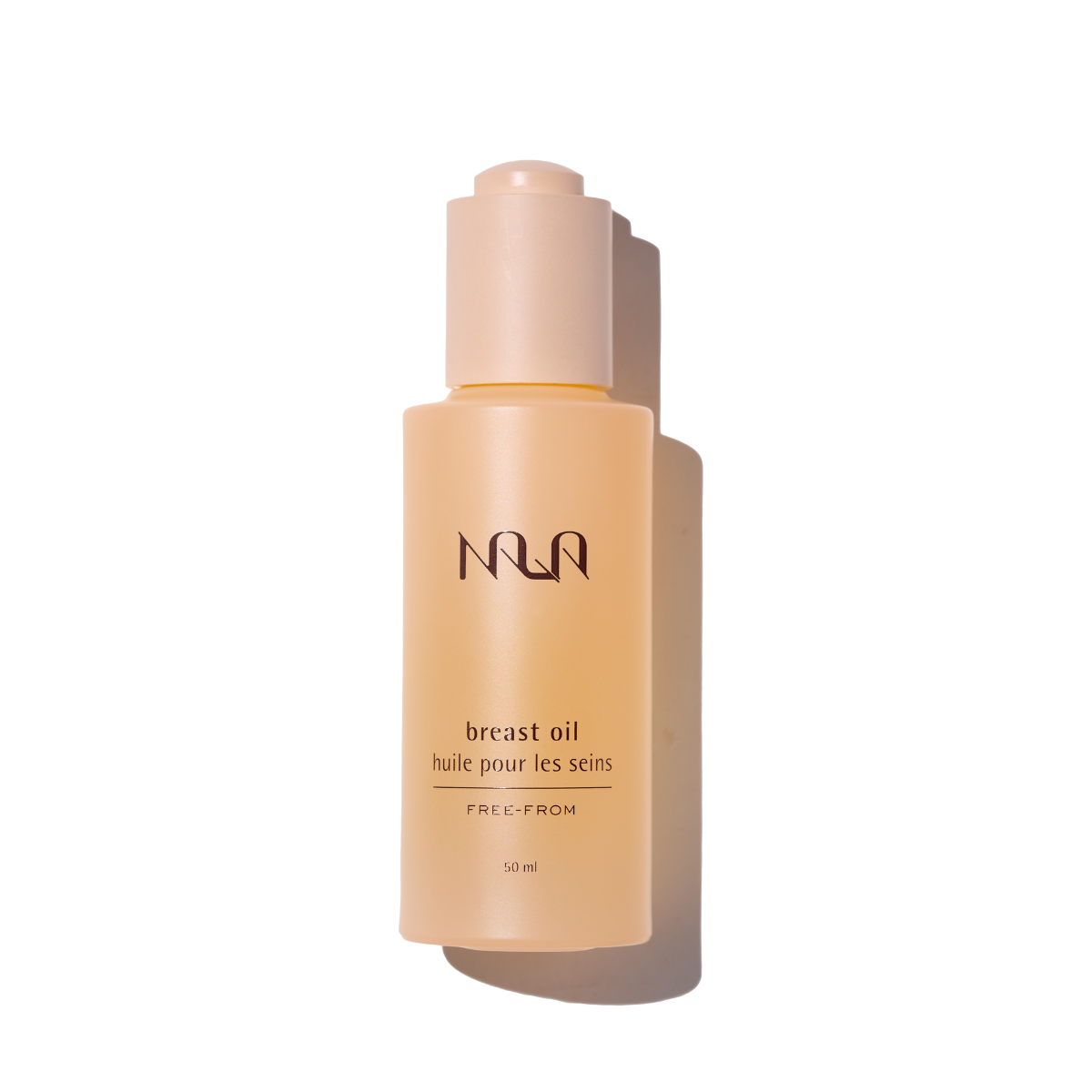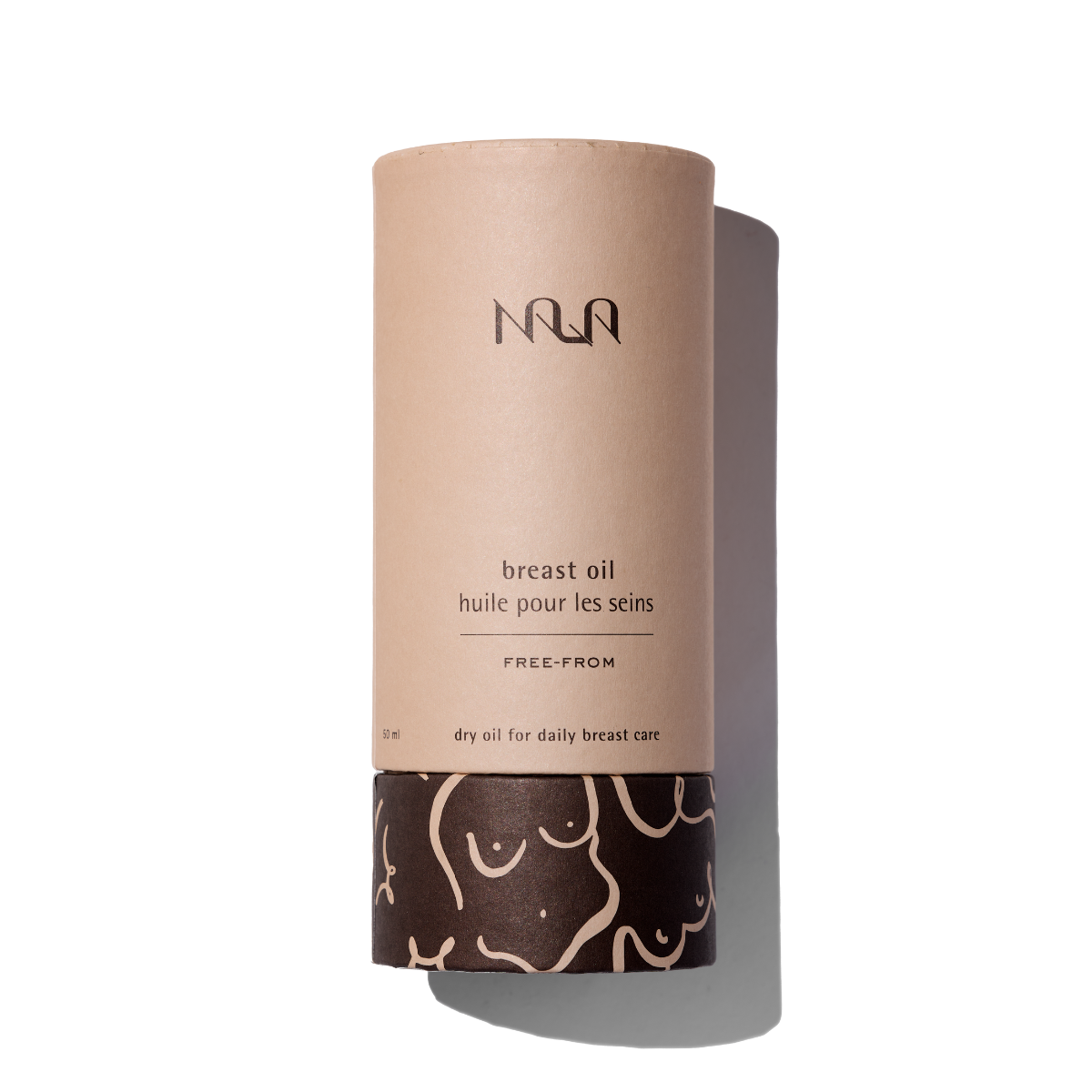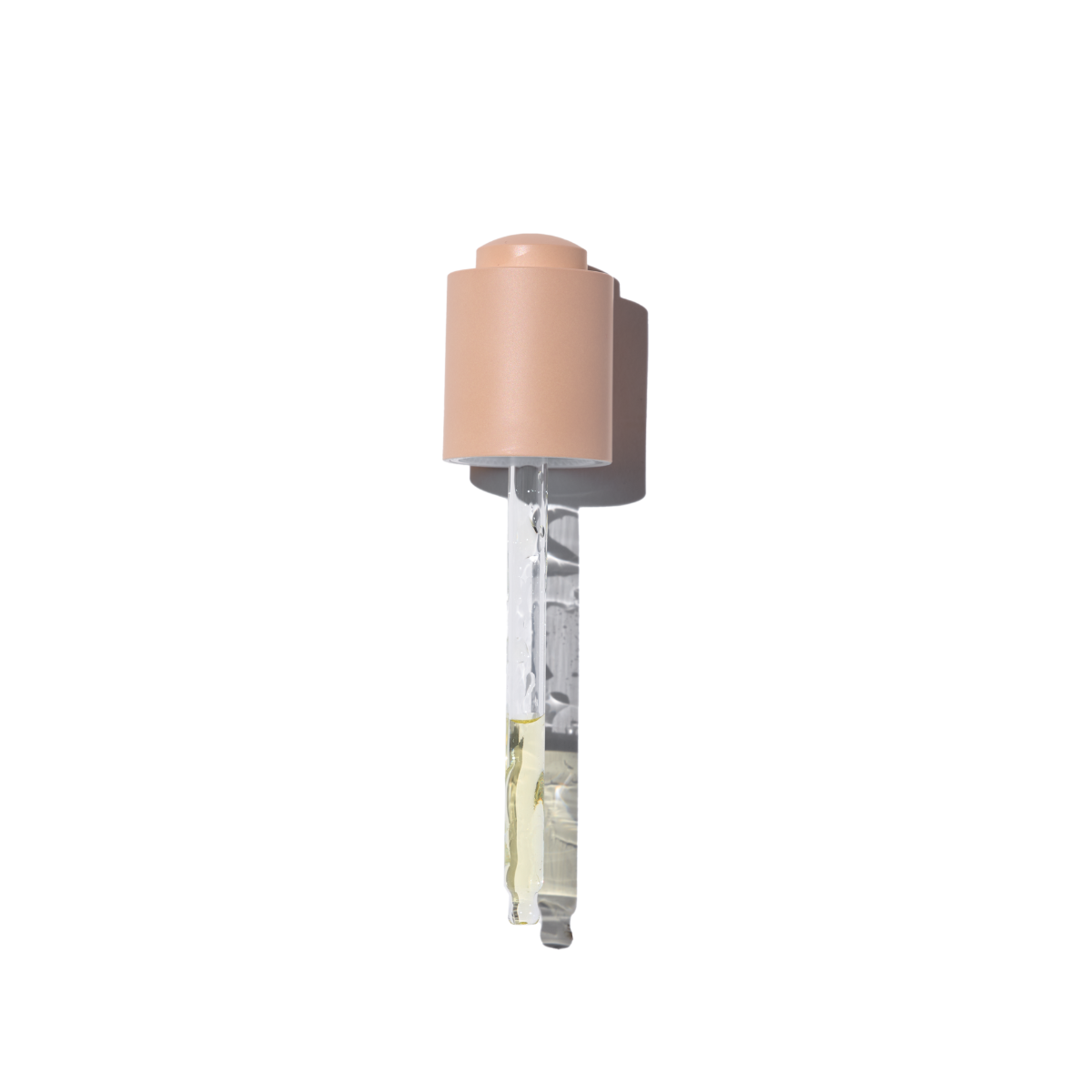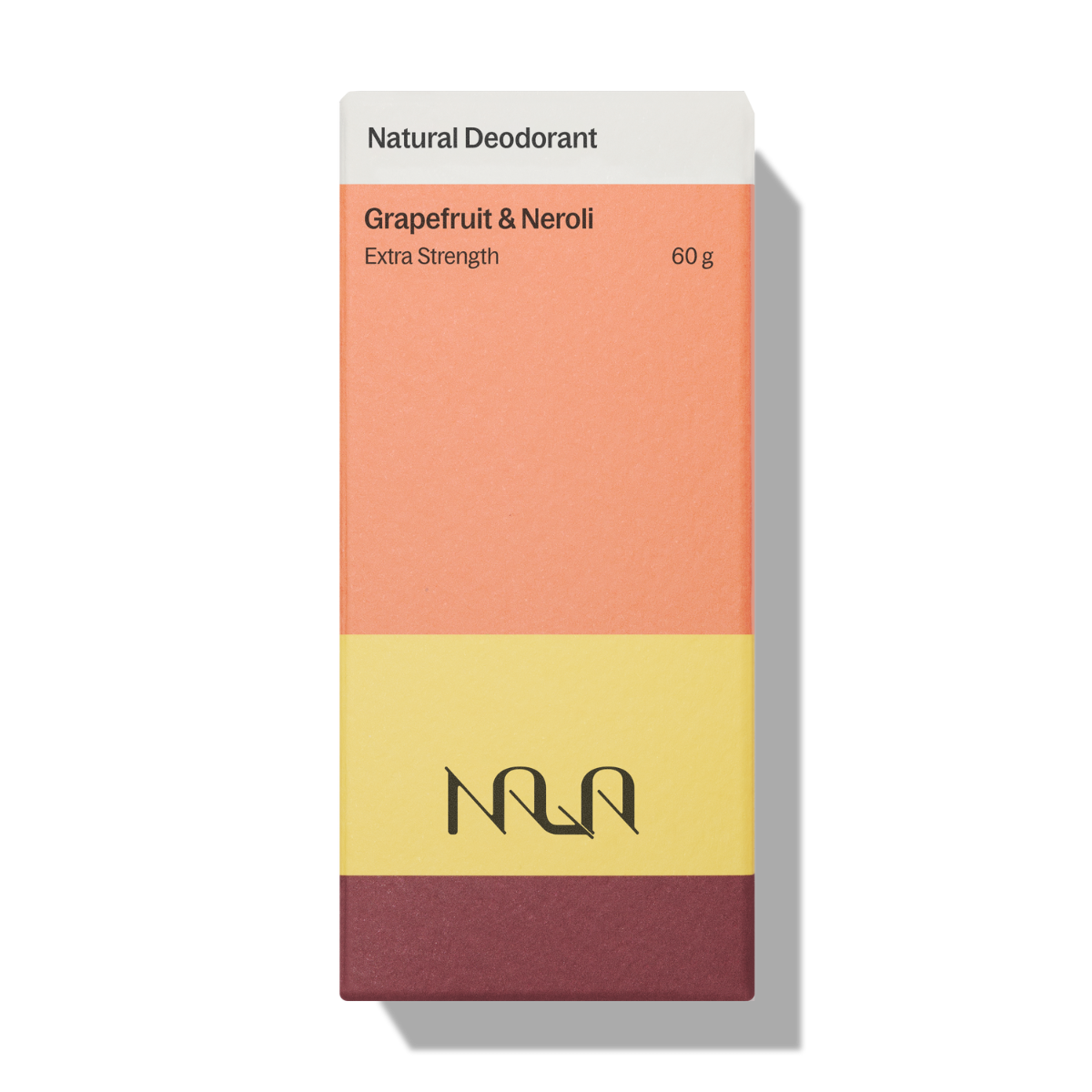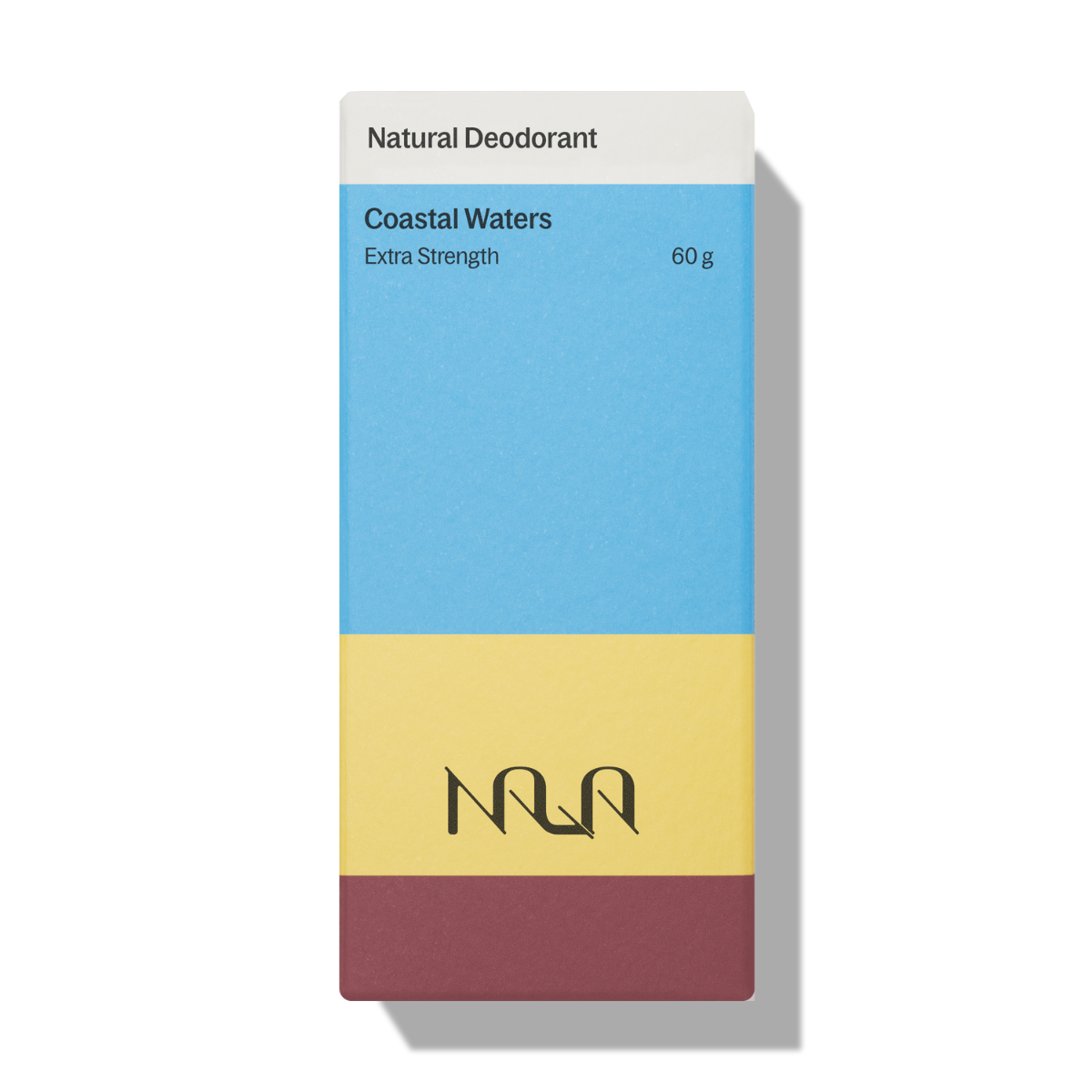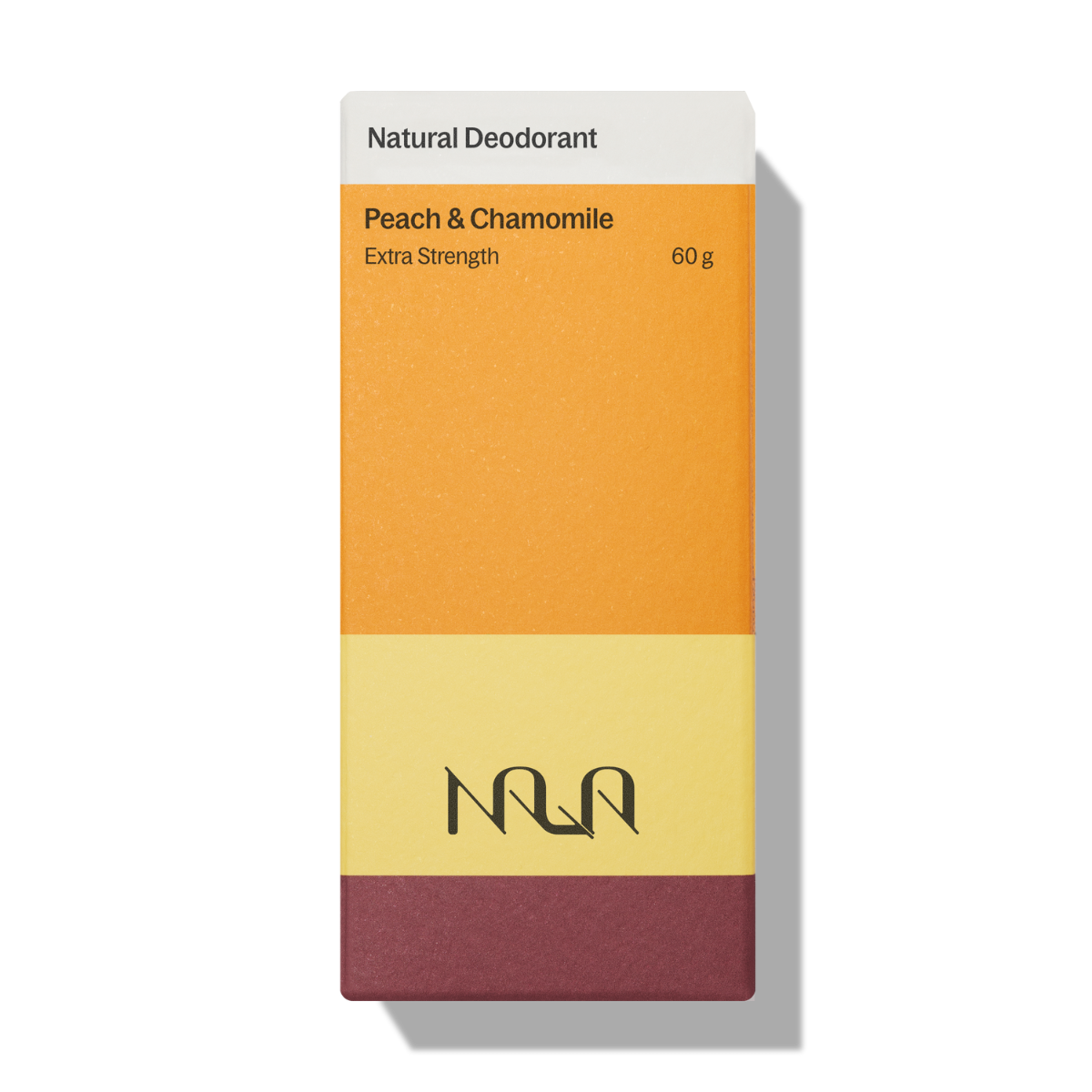Factors that affect body odor
We know that every human being is different - and while traits like height and eye color are understood to vary from person to person, we all have our own “brand” of body odor. Not only that, but our body odor can change day to day as a direct output of our actions or as a reflection of our current state of being, whether that’s our stress level or our relationship status.
Here are 4 factors that may explain why your body odor smells the way it does.
Red Meat Consumption
Diet is directly linked to BO, with some studies suggesting that a higher intake of red meat leads to more intense and less pleasant odors. In a study on the impact of red meat consumption on body odor attractiveness amongst hetereosexual participants, male participants on either a meat or non-meat diet collected body odor using pads stuck to the body, which was subsequently assessed by female participants (1). The odor of men on the non meat diet was judged as more attractive, more pleasant, and less intense than the odor of those on the meat diet, while the odor of men on the meat diet was rated as less attractive.
Does this mean that you should cut out red meat? That depends. Red meat is rich in nutrients and has many benefits for some individuals, including a great source of iron, vitamin B12, zinc, and protein (2). However, there are other foods that also contain all of these nutrients, meaning that some individuals can thrive off of plant-based diets. A general takeaway is to listen to your body and explore alternatives to consuming red meat or changing parts of your diet in order to find what makes you feel and perform at your best.
Hormonal Changes
Body odor might vary according to a change in hormones. In women, hormone levels change throughout the menstrual cycle, throughout pregnancy, during postpartum, or as a result of using medication with hormonal side effects. All of these changes can contribute to the intensity and pleasantness of body odor and there may be a link between our scent and attraction (5).
Growing research shows that heterosexual men find the body odor of women more attractive when women are in the ovulatory phase of their menstrual cycle (3), while heterosexual women seem to prefer the body odor of men who have a dissimilar major histocompatibility complex (MHC) to themselves (4). Put simply, MHC plays a role in telling us how closely related we are to another individual. The MHC helps code for proteins that are tied to the functioning of the immune system and is one of many genetic factors that contributes to someone’s unique body odor. Women might find potential partners with dissimilar MHC to have more attractive body odor as dissimilar MHC between partners is linked to creating healthier offspring (4).
Best Deodorants for Managing Body Odor
Drug and Alcohol Consumption
Our sweat and its smell might change after just one night of using substances such as alcohol and cannabis. What is the reason for this? Alcohol is a toxin and up to 10% of it may be eliminated from the body through sweat (6). Like alcohol, cannabis is also partially released by the sweat glands (10). Similarly, many other substances can contribute to the amount that someone sweats by increasing heart rate and widening blood vessels in the skin (7). After a night of using substances, you can rejuvenate by taking a relaxing shower, drinking a glass of water and applying a fresh layer of a detox deodorant.
Stress Level
We all experience varying levels of stress in our daily lives and it affects us each in different ways. A common side effect of feeling stressed out is psychological, or “stress” sweating, which is sweat secreted through the apocrine glands (glands that are found in places with increased numbers of hair follicles, such as, you guessed it, the armpits) (8). Psychological sweat smells different from physiological, or “cooling” sweat, which is the sweat that is secreted to decrease one’s body temperature. Stress causes the release of stress related hormones, called catecholamines, which activate the apocrine glands, leading to increased rates of sweating (9). This sweat is broken down by bacteria on the skin into fatty acids that contribute to increased body odor, causing more intense or less pleasant odors.
Conclusion
The information discussed above is not an exhaustive list of all the factors that influence how we smell. Other parts of our daily routines, such as the amount of water we drink, the medication we take, and how often we exercise can all play a role in the way we smell.
As our smell changes, so might the deodorant we use. There are some days where we might be feeling stressed out, where we might have consumed more red meat than we typically do, or where we just notice ourselves smelling a little more than usual. On these days, we might reach for an extra strength deodorant formula before tackling the day. Another option is to use a detox deodorant overnight in order to neutralize underarm odors before waking up. There might also be some days where we hardly smell at all, and on these days, we might prefer to use a gentle strength deodorant. It is normal for our personal needs to change day to day and being mindful of all the factors that might influence our scent allows us to tackle it most effectively.
For more on this topic, check out Part 2, Unexpected Factors that affect body odor.
References
-
Havlicek, J. & Lenochova, P. “The Effect of Meat Consumption on Body Odor Attractiveness”. Chemical Senses, October 2006, https://doi.org/10.1093/chemse/bjl017
-
Lee, E. “The Truth About Red Meat”. WebMD, 2009, https://www.webmd.com/food-recipes/features/the-truth-about-red-meat
-
Kuukasjarvi, S., Eriksson, P. C. J., Koskela, E., Mappes, T., Nissinen, K., & Rantala, M. J., “Attractiveness of Women's Body Odors Over the Menstrual Cycle: the Role of Oral Contraceptives and Receiver Sex”. Behavioral Ecology, Jul. 2004, https://doi.org/10.1093/beheco/arh050
-
Kromer, J., Hummel, T., Pietrowski, D., Giani, A. S., Sauter, J., Ehninger, G., Schmidt, A. H., & Croy, I. “Influence of HLA on Human Partnership and Sexual Satisfaction”. Scientific reports, 31 Aug. 2016, https://doi.org/10.1038/srep32550
-
Netherton, C. “Menopause and Body Odor Changes: Get a Whiff of This”. Gennev, 17 Aug. 2021, https://gennev.com/education/menopause-and-body-odor
-
Bowling Green State University. “Alcohol Metabolism”. BGSU Department of Recreation and Wellness, n.d., https://www.bgsu.edu/recwell/wellness-connection/alcohol-education/alcohol-metabolism.html
-
Pietrangelo, A. “Night Sweats and Alcohol”. Healthline, 5 Feb. 2021, https://www.healthline.com/health/night-sweats-and-alcohol#alcohol-night-sweats
-
Harker, M. “Psychological Sweating: A Systematic Review Focused on Aetiology and Cutaneous Response”. Skin Pharmacol Physiol, 20 Feb. 2013, https://doi.org/10.1159/000346930
-
Smith, A. “What are catecholamines, and what do they do?”. Medical News Today, 24 Jul. 2020, https://www.medicalnewstoday.com/articles/catecholamines
-
Stewart, L. “Why Does My Sweat Smell Like Vinegar? A Guide To Perspiration And Body Odour”. Atlas, 17 Dec. 2021, https://atlasbiomed.com/blog/sweat-and-body-odour/



